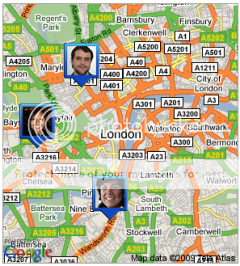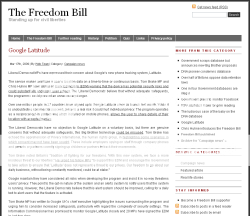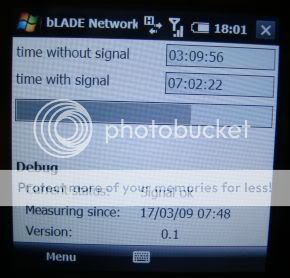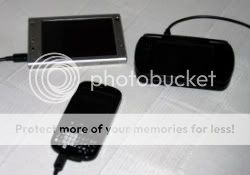I’ve been doing too much Java at work recently, so in the interest of keeping my hand in with some low-level C++, I picked up the code for my mobile twitter client, TwitToday, again.
I originally wrote it at a hackday, but I’ve since come back to tweak it a couple of times to get it to spawn background worker threads, add SIP on-screen keyboard support, and improve support for sending special and accented characters.
After another evening of tweaking, I’ve added a few new minor features:
 Transparent text box
Transparent text box
When not in use, the text box is now transparent. When it has focus, it is coloured in white as usual.
A few people commented that a bright white text box could dominate a dark Today screen too much, so this is hopefully a nice aesthetic improvement.
I did this by creating a custom windows procedure for the text box.
The windows procedure needed to handle a couple of events:
Handling WM_PAINT by using SetBkMode to make the text box TRANSPARENT
Handling WM_ERASEBKGND by using TODAYM_DRAWWATERMARK to draw the background over the text control’s rectangle.


 I started the test at home this morning, when I normally start checking my emails and twitter. And it’s been running all day. While in my office, the phone was on my desk. The rest of the time it’s been in my pocket.
I started the test at home this morning, when I normally start checking my emails and twitter. And it’s been running all day. While in my office, the phone was on my desk. The rest of the time it’s been in my pocket.
 The wiki stores the pages as normal text files. So I have a copy of all of these text files on each device.
The wiki stores the pages as normal text files. So I have a copy of all of these text files on each device.